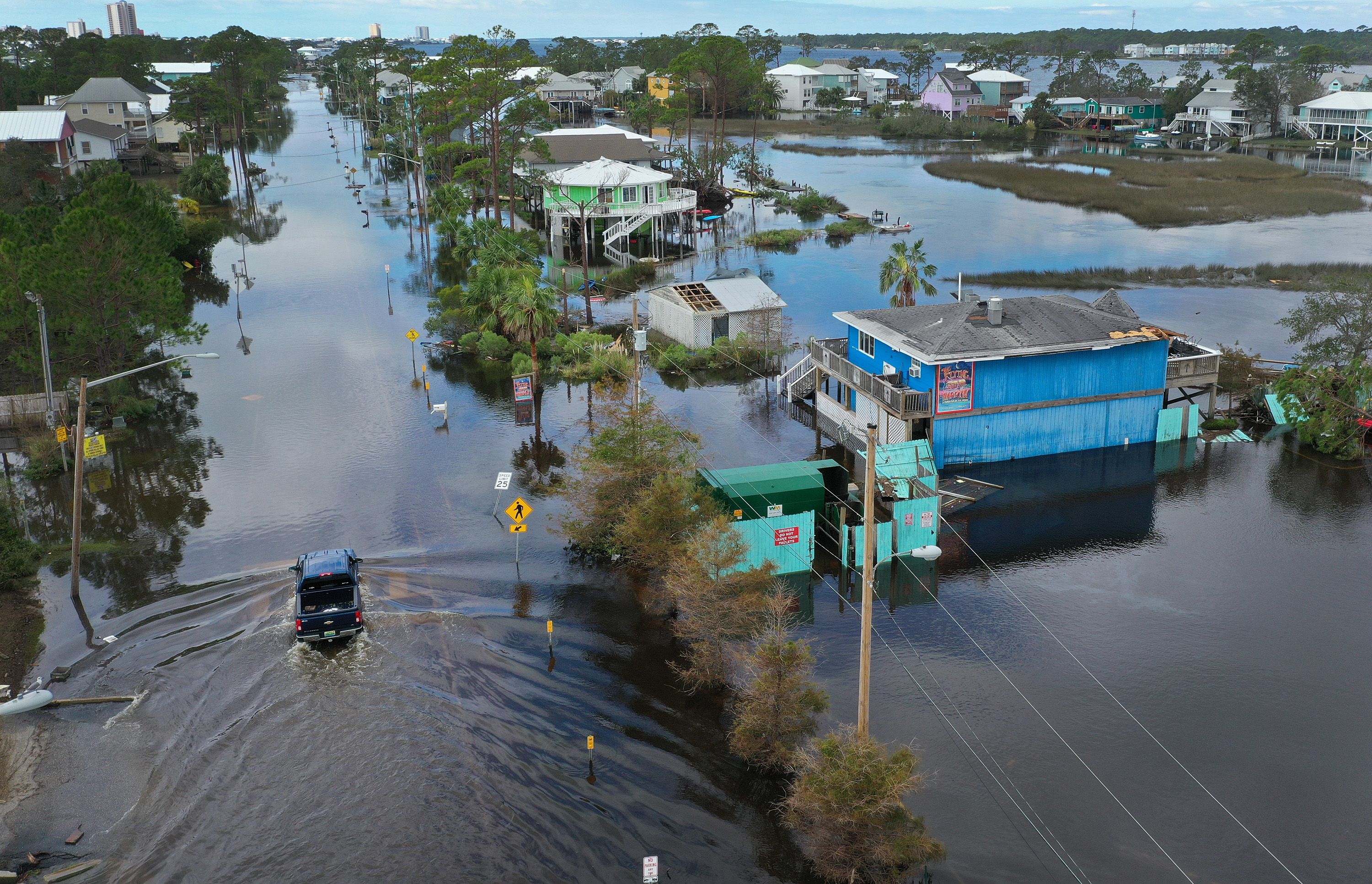This article aims to explore the impact of climate change on survival, particularly for those living in vulnerable regions of the world. It discusses the various ways in which climate change is affecting our planet and highlights the challenges that survivors may face in the coming years.
Climate change is one of the biggest threats that humanity faces today. Its impacts are far-reaching and have the potential to affect our very existence on this planet.
The changes in our climate are caused by human activity, particularly the burning of fossil fuels and deforestation. As the Earth’s temperature continues to rise, it is leading to a range of devastating consequences that are already affecting people around the world.
Rising sea levels and coastal flooding

The rise in global temperatures is causing the polar ice caps to melt, leading to an increase in sea levels. This is particularly concerning for those living in coastal areas, who are already experiencing more frequent and severe flooding.
With the sea level projected to rise by up to a meter by the end of the century, many low-lying regions could be uninhabitable in the coming decades.
Extreme weather events
Climate change is leading to an increase in extreme weather events such as hurricanes, floods, and droughts. These events can have a devastating impact on communities, causing loss of life, damage to infrastructure, and economic disruption.
In addition, extreme weather events can lead to food shortages and water scarcity, which can further exacerbate the impact of climate change.
Food security
Climate change is having a significant impact on food security, particularly in regions that are already vulnerable to drought and famine. Changes in temperature and rainfall patterns are affecting crop yields and leading to a decline in agricultural productivity. This, in turn, can lead to food shortages and malnutrition, particularly for those who rely on subsistence farming for their livelihoods.
Health impacts
Climate change is having a profound impact on human health, with rising temperatures and changing weather patterns leading to an increase in vector-borne diseases such as malaria, dengue fever, and Zika virus. In addition, extreme weather events can lead to injuries and illness, and air pollution caused by burning fossil fuels can exacerbate respiratory conditions such as asthma.
Migration and displacement
As the impacts of climate change become more severe, many people are being forced to migrate from their homes in search of safer and more secure living conditions. This can lead to a range of challenges, including social upheaval, economic disruption, and the loss of cultural heritage.
Water scarcity
Climate change is affecting the availability of water, particularly in regions that are already prone to water scarcity. Changes in precipitation patterns can lead to droughts and water shortages, making it difficult for people to access clean drinking water and maintain agricultural productivity.
Biodiversity loss
Climate change is having a profound impact on the world’s biodiversity, with rising temperatures and changing weather patterns leading to the loss of species and ecosystems. This can have far-reaching implications for human survival, as we rely on biodiversity for a range of essential services, including clean air, water, and food.
Infrastructure damage
Extreme weather events can cause significant damage to infrastructure, including roads, bridges, and buildings. This can lead to economic disruption and make it more difficult for emergency services to respond to disasters.
Energy security
As the world transitions away from fossil fuels, there are concerns about energy security in a changing climate. Renewable energy sources such as solar and wind power are becoming more important, but they are also vulnerable to extreme weather events.
Political instability
The impacts of climate change can also lead to political instability, particularly in regions that are already prone to conflict and social upheaval. As communities struggle to adapt to changing conditions, tensions can rise, leading to unrest and political instability. This can also have far-reaching implications for international relations, with conflicts over resources and migration becoming more common.
Solutions and adaptation

While the impacts of climate change are significant and far-reaching, there are steps that can be taken to mitigate its effects and adapt to changing conditions. This includes reducing greenhouse gas emissions through the use of renewable energy sources and increasing energy efficiency, protecting vulnerable communities through measures such as coastal defense and disaster risk reduction, and investing in new technologies that can help us adapt to a changing climate.
Conclusion
Climate change is a complex and multifaceted issue that is already having a profound impact on our world. While the challenges we face are significant, it is important to remember that there are solutions available to us.
By taking action to reduce our greenhouse gas emissions, protect vulnerable communities, and invest in new technologies, we can help ensure a more secure and sustainable future for all of us.
Surviving in a changing climate will require cooperation, innovation, and determination, but it is a challenge that we must rise to if we hope to create a better world for generations to come.



